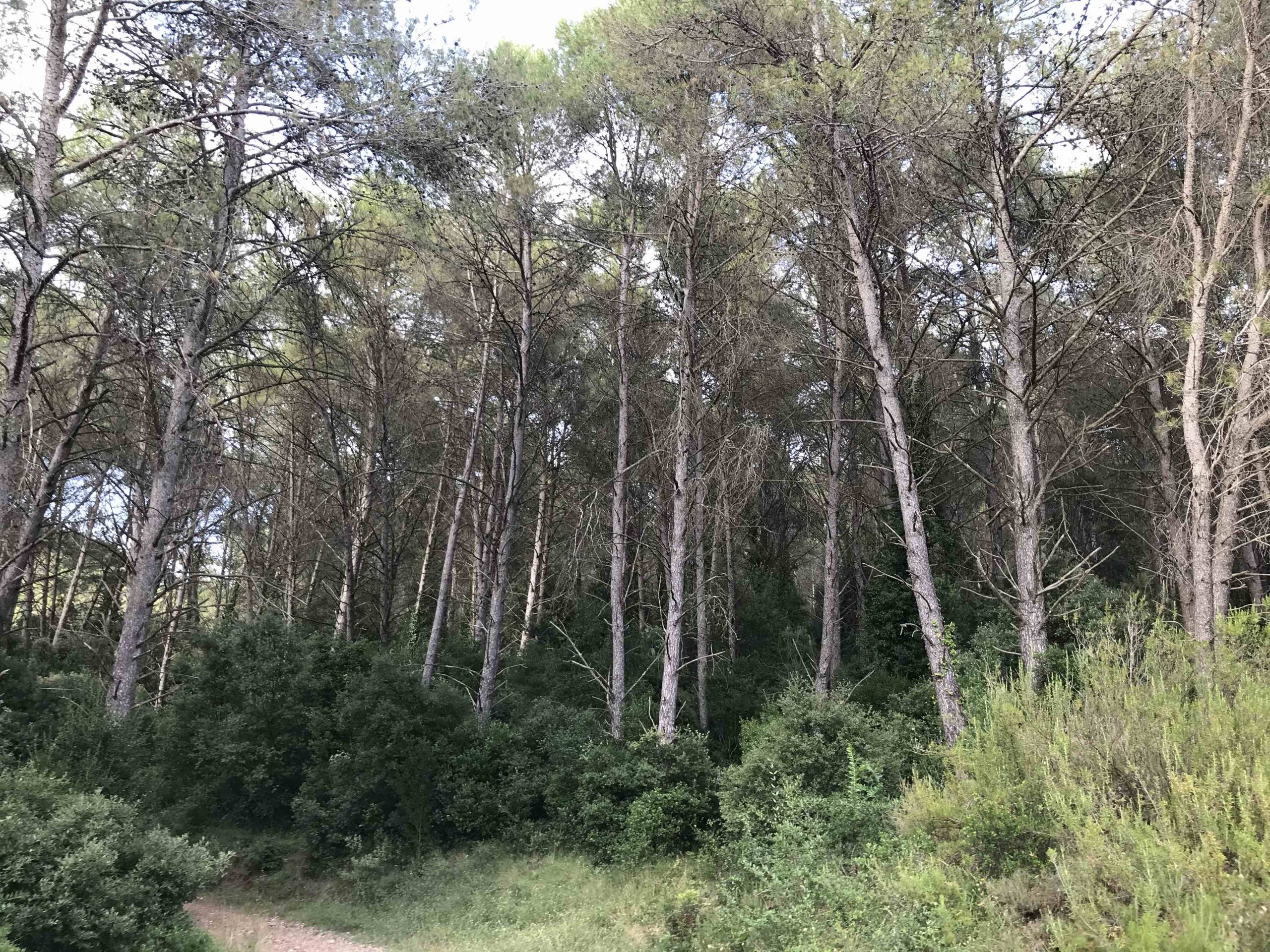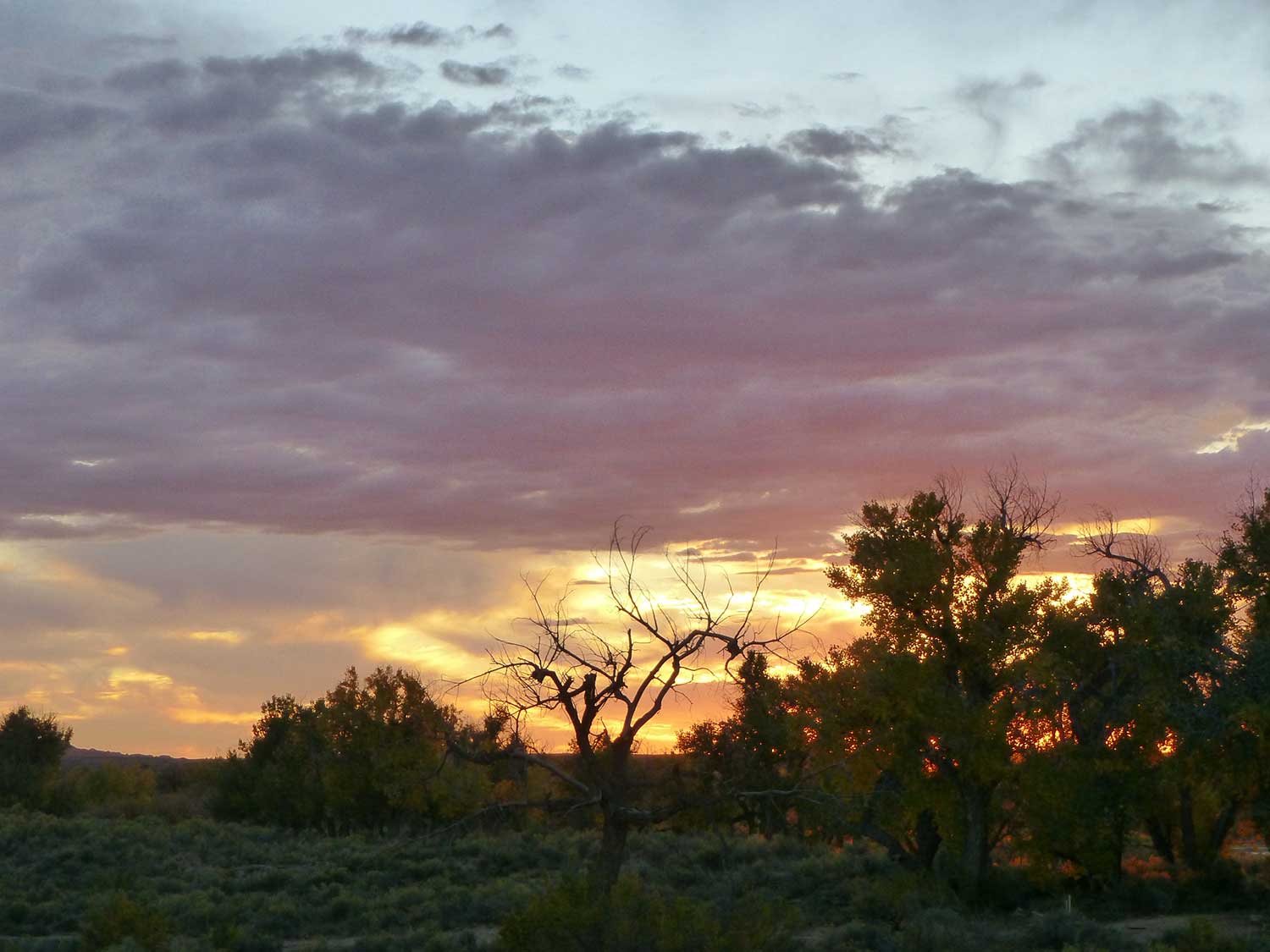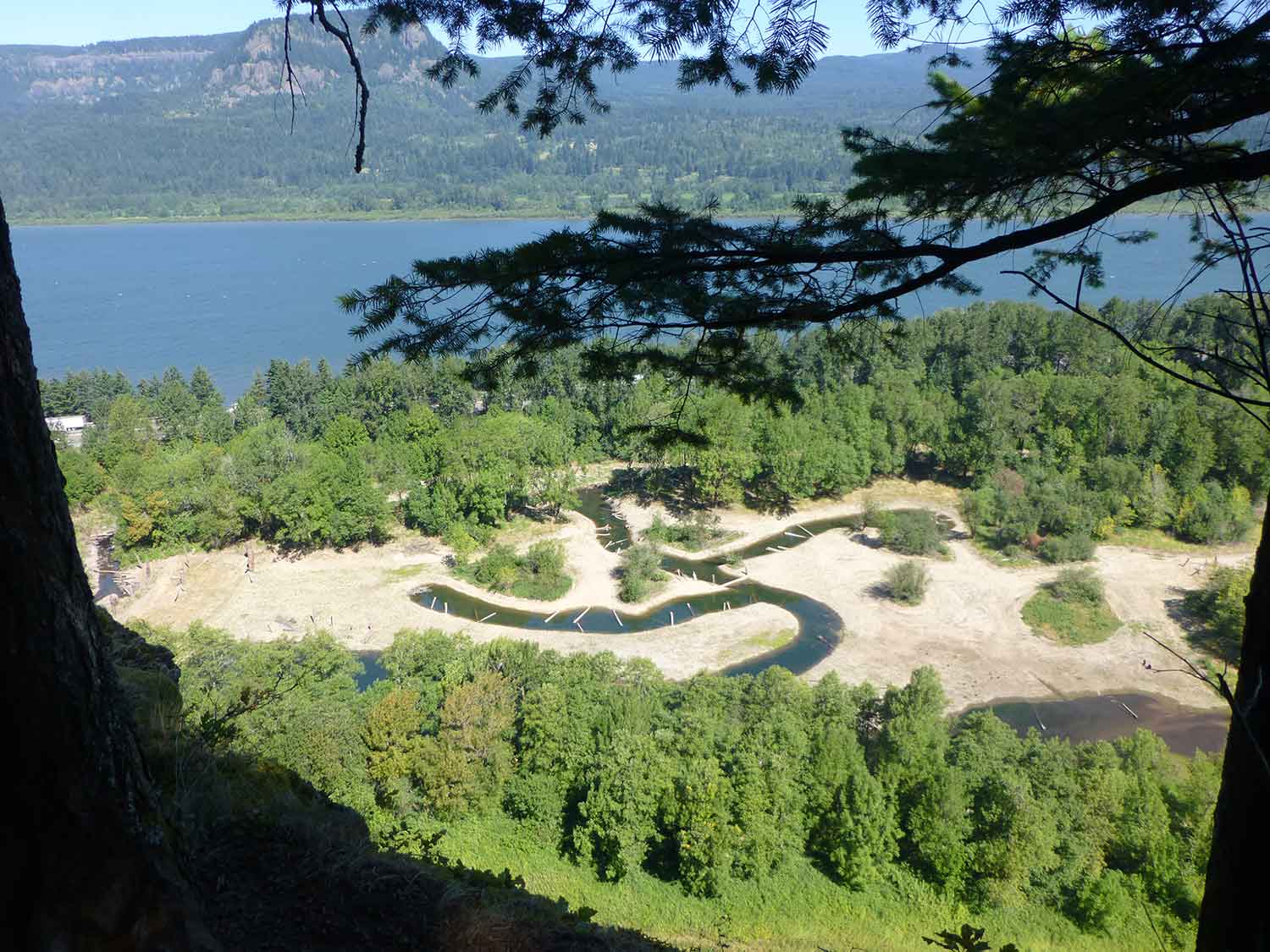RESEARCH
The regeneration niche of woody plants
Plant regeneration is also a major concern in restoration ecology and a key aspect to understanding processes such as woody encroachment in grasslands or plant species shifting their geographic ranges. In this research line we seek to understand the constraints of plant regeneration and recruitment to better predict vegetation composition and resilience. We use experiments, field data and microclimate modeling to gain key insights into that important, yet largely unknown, life stage of plants.


Unveiling interactive mechanisms of vegetation change under climate change.
Landscapes are characterized by multiple agents of change: climate, hydrology, vegetation, land management, wildlife, disturbances. In this line of research we use landscape simulation models to unveil the interactive effects of landscape processes on vegetation distribution and composition. We are particularly interested in Mediterranean and seasonal dry forests, where the effects of landscape heterogeneity, fire and forest management result in forest trajectories of change, potentially leading to fast forest transitions .
Biodiversity and vegetation resilience of woodlands at large scales.
We use data integration approaches to understand the climatic and non climatic constraints of woody species distributions in space and time. We collaborate with several international teams to develop biodiversity and plant ecology data science methods and workflows, and gather environmental climate and biodiversity data to better predict and optimize conservation and management actions in the Anthropocene.
